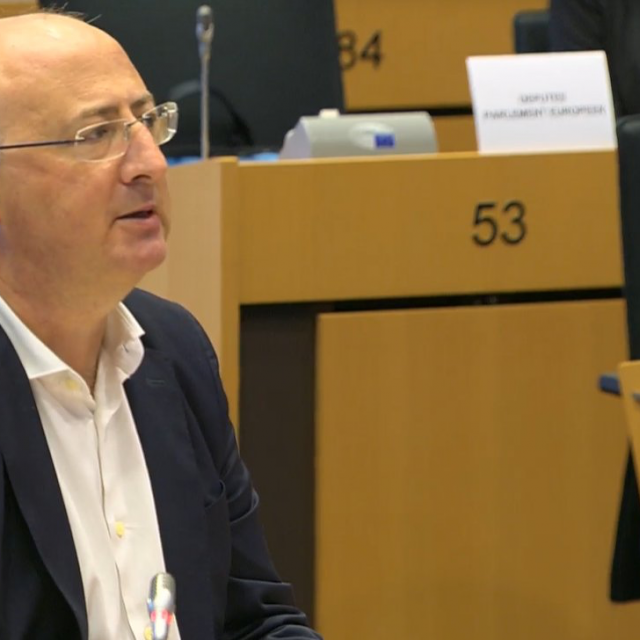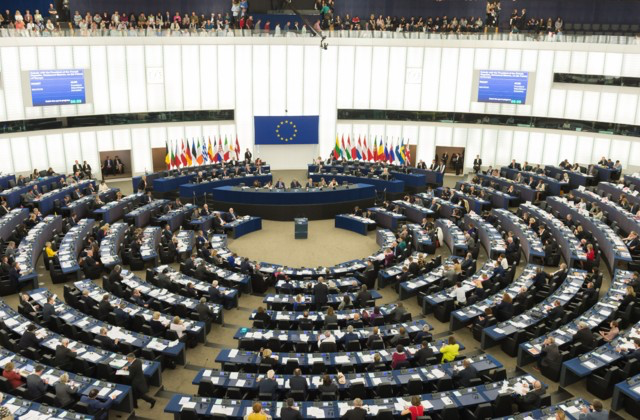Photo by Jon Tyson on Unsplash
A new study calls for regulation in the short term housing rental sector across the EU but in a balanced manner.
The legislative proposal aims to fill the regulatory gap in an industry that is having real-world impacts, including housing shortages, rising rents, resident displacement, online discrimination, and a lack of health and safety measures for consumers.
The study does not villainise short-term rentals, but instead values their role in Europe’s tourism and local economy.
But with housing markets under strain and high-tourism areas reaching saturation point, some MEPs say it is time for rules at EU level.
The proposals in the study seek to bring legal clarity and proportionate safeguards, especially in cities facing over-tourism or housing shortages.
The S&D Group study says it wants to send out a response providing legal clarity and certainty to cities, and empower them in managing the current crisis.
Gaby Bischoff, S&D vice-president for Sustainable Economy and Social Europe, said: “In 2023 alone, 719 million nights were booked via short-term rental platforms in the EU, with, in many cities, devastating impacts on the supply of long-term rentals, housing shortages and accelerating gentrification. In Florence, 20% of central flats are on Airbnb. It is time for the EU to act!”
“The European Union is currently facing a pressing housing crisis. Many low-to-medium income earners are coping with affordability challenges, exacerbated by strong increases in housing costs (by 48% on average in the EU between 2015 and 2023).”
“Too many Europeans are facing evictions or even risk homelessness. This crisis is deeply rooted in growing socio-economic inequality, but also due to unsustainable housing systems that prioritise profit over people.”
“With this legislative proposal, we are presenting a viable and balanced option and call on the Commission to take it up and advance towards regulating the short-term rental market, as it is clear that something needs to be done at the European level. By no means does our group Lisbon, Porto, and Barcelona, where over 70% of listings are managed by multi-property hosts.”
“It is evident that the current EU legal framework advocate for banning short-term rentals platforms.”
“According to our study, member states could impose measures such as nightcaps, authorisation schemes and zoning restrictions in areas with significant housing pressure. It also includes different rules for non-professional and professional hosts to safeguard genuine peer-to-peer activity while tackling the market distortions caused by large-scale operators.”
Laura Ballarin, S&D MEP and coordinator on the committee on internal market and consumer protection, adds, “Short-term rentals were first conceived in the framework of a collaborative economy and have brought many advantages, mostly for tourists and individual hosts who earn additional revenue.”
“However, short-term rentals have grown exponentially, bringing with them a series of negative externalities for consumers, residents and small business.”




